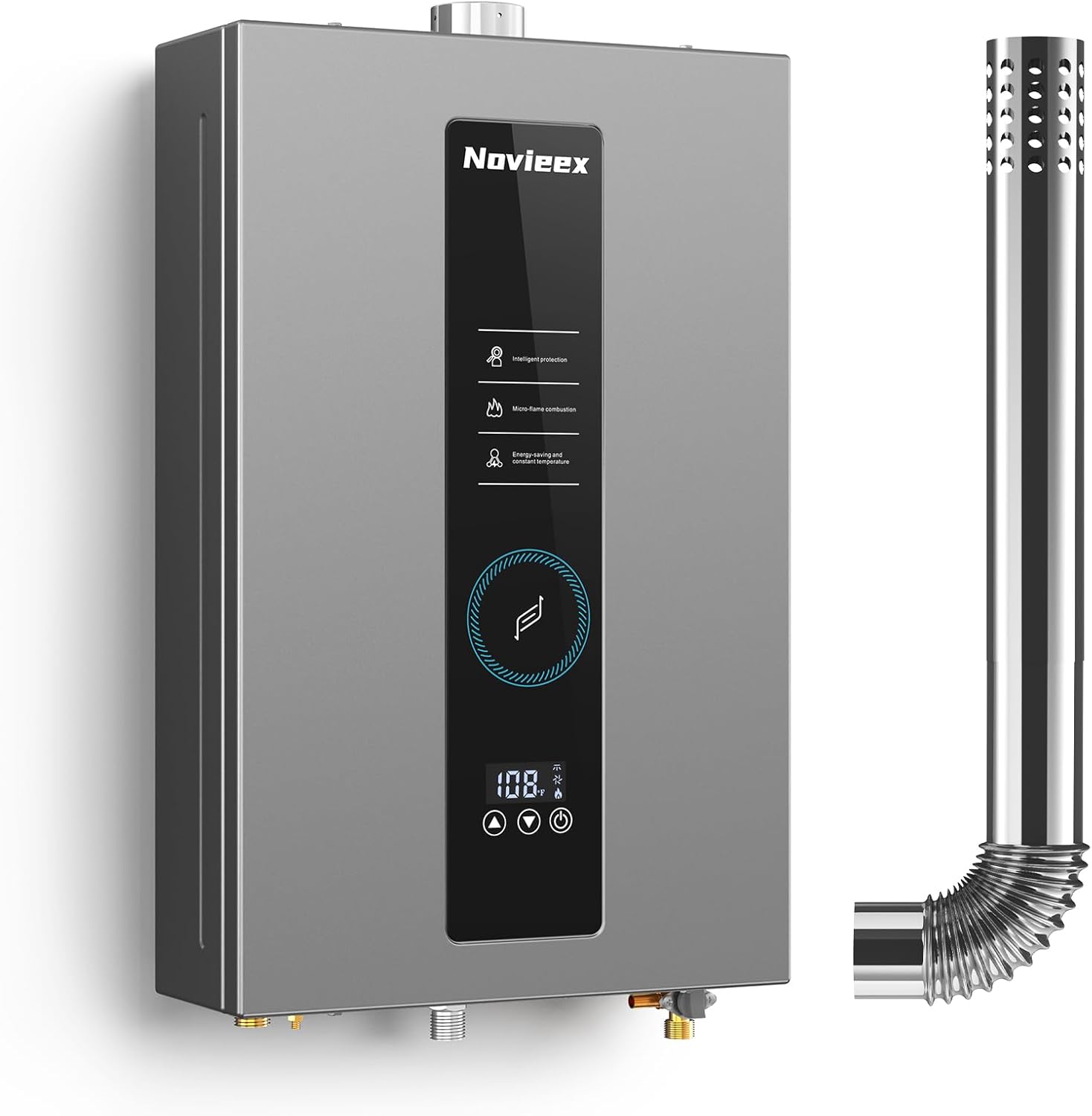The energy consumption of a ducted central heater typically ranges from 10,000 to 30,000 watts per hour, depending on the system size and efficiency.
Ducted central heaters are a popular choice for whole-home heating, but their energy consumption varies widely based on system type, size, and usage patterns. Understanding these factors helps homeowners optimize efficiency and reduce costs.

How Much Energy Does a Ducted Central Heater Use?
Ducted central heating systems typically consume between 15-60 kWh per day. This range depends on:
- System size (measured in tons or BTUs)
- Climate and outdoor temperatures
- Home insulation quality
- Thermostat settings
- System efficiency rating
Energy Consumption by System Type
| System Type | Average Daily Consumption | Efficiency Range |
|---|---|---|
| Standard Electric Furnace | 30-60 kWh | 95-100% AFUE |
| Air-Source Heat Pump | 15-30 kWh | 200-300% (COP 2-3) |
| Gas Furnace | 0.5-2 therms | 80-98% AFUE |
Modern built-in gas heaters and high-efficiency heat pumps can significantly reduce energy use compared to older systems.

Factors Affecting Energy Consumption
1. System Size and Capacity
Oversized systems cycle on/off frequently, wasting energy. Undersized systems run constantly. Proper sizing is critical:
- 1 ton = 12,000 BTU = 400 sq ft (moderate climate)
- Add 0.5 ton per additional 500 sq ft
- Cold climates may need 1.5x capacity
2. Climate Conditions
Heat pumps lose efficiency below freezing. The U.S. Department of Energy notes modern cold-climate heat pumps maintain performance at -22°F (-30°C).
3. Home Insulation and Ductwork
Poor insulation or leaky ducts can increase energy use by 30%. Consider:
- Attic insulation (R-38 minimum)
- Wall insulation (R-13 to R-21)
- Duct sealing (mastic preferred over tape)
Improving Ducted System Efficiency
1. Upgrade to High-Efficiency Equipment
Look for:
- Heat pumps with HSPF ≥ 10 and SEER ≥ 16
- Gas furnaces with AFUE ≥ 95%
- ENERGY STAR certified models
2. Smart Thermostats and Zoning
Programmable thermostats can save 10% annually. Zoning systems allow different temperatures in various home areas.
3. Regular Maintenance
Annual maintenance improves efficiency by 5-15%:
- Clean/replace filters monthly
- Inspect ductwork for leaks
- Clean coils and blower components
For homes considering alternatives, indoor propane heaters can supplement central systems in specific zones.
Cost Comparison: Heat Pumps vs Traditional Systems
| System Type | Installation Cost | Annual Operating Cost* | Lifespan |
|---|---|---|---|
| Air-Source Heat Pump | $5,000-$8,000 | $500-$900 | 15 years |
| Gas Furnace | $3,000-$6,000 | $600-$1,200 | 20 years |
| Electric Furnace | $2,000-$4,000 | $900-$1,500 | 20 years |
*Based on 2,000 sq ft home in moderate climate. Source: energy.gov
Emerging Technologies
New innovations are improving ducted system efficiency:
- Variable-speed compressors adjust output precisely
- Gold-fin coils resist corrosion in coastal areas
- Smart diagnostics predict maintenance needs
- Hybrid systems combine heat pumps with gas backup
Properly sized and maintained ducted central heating systems provide efficient, comfortable heating while minimizing energy consumption. Homeowners should consider climate, home size, and fuel costs when selecting systems.

